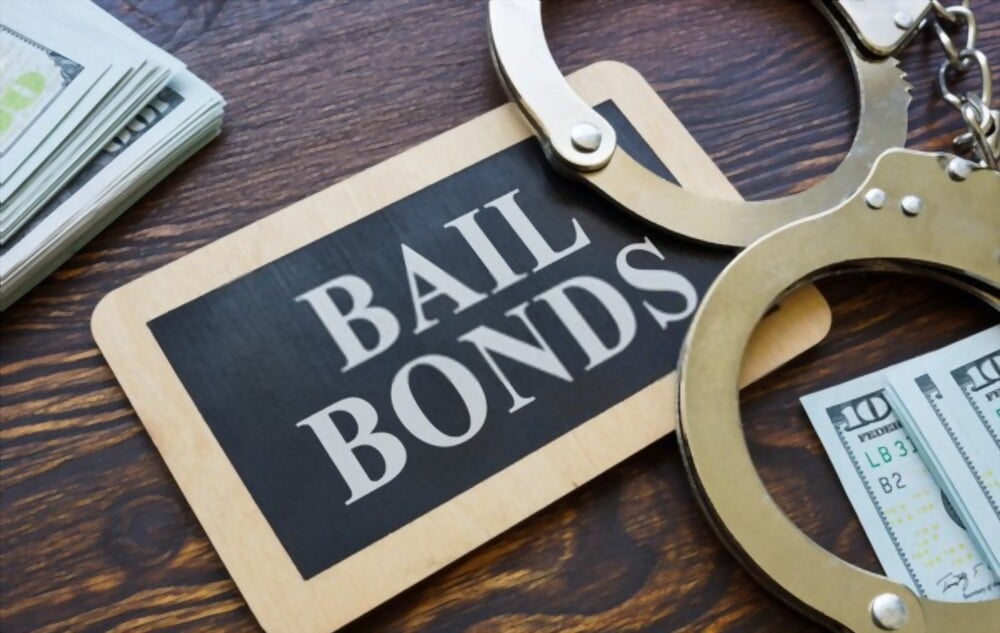Getting Out of Jail After an Arrest in Denver, CO!

Millions of people across the country commit various crimes and many of them have never had to pay the price for their wrongful activity. Statistics reveal that even those who have been arrested are likely to commit crimes in the future.
There are different instances when the individuals get the arrest warrants issued for them. Anyone who accidentally forgets to pay a speeding or parking ticket gets an arrest warrant unless they make payback at the courthouse. In this case, the accused is probably to be arrested, booked, processed, and then released on bail for the infraction.
Also, criminal identity theft is a common crime that puts innocent people in trouble. For minor offenses such as traffic violations and skipped court dates, the police will most likely not use their time to track you down, however, for major offenses like drug possession charges, theft, DUIs, the legal authorities will likely stop by your place of employment to look for you. Another common instance for issuing active arrest warrants is for those who violate traffic rules like speeding or defective tail lights.
Different kinds of arrest warrants
Arrest warrant
A warrant issued by the judge for a crime with enough evidence against the individual.
Search warrants
A court order that makes authority to search a home or location for evidence of the crime.
Execution warrants
These warrants are writs that authorize the execution of a judgement of death on a person.
Share warrants
Issued by public limited companies and are completely different from the other warrants.
Bench warrants
These warrants, typically are issued in civil and criminal court cases
Addressing arrest warrants
It is vital to address active arrest warrants as soon as possible. Avoiding it only multiplies the possible consequences and outcomes the accused will face anyway. The accused would receive more severe penalties on trying to run from the police or resist an arrest. The best course of action is to peacefully allow yourself to be taken into police custody but do request the presence of a legal professional before anything else.
Posting Bail Bond
Depending on the crime committed, the accused may need to spend the night under police custody until a judge decides whether or not you can post a bond and how much it is going to be. Usually, the hearing of the case is held the next morning after the arrest. In many cases, the booking officer sets the amount that either you or your close one can pay directly to the officer. However, for drug offenses, or crimes of violence, or repeat offenders, bail bonds are inapplicable.
It is imperative to have an experienced bail bondsman aside you to manage the bail process. Right after you have been taken into police custody, ask your family member or loved one to contact bail bond agencies immediately. Their services are required all throughout the entire process, right from the beginning of the arrest. To avoid paying the full bail amount in one go, working with a bail bondsman that offers 24-hour bail bond services is ideal. In such a case, the bail bond agent pays the defendant’s bail and guarantees the return for court, charging about 10 percent of the bail amount to enter into a legal contract. In case, the defendant fails to appear for the court hearings, the accused may face a lawsuit for any money the bail agent lost in finding the defendant and may have forfeited to the court.
